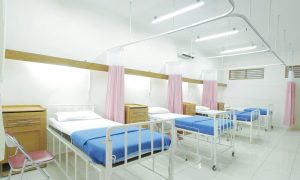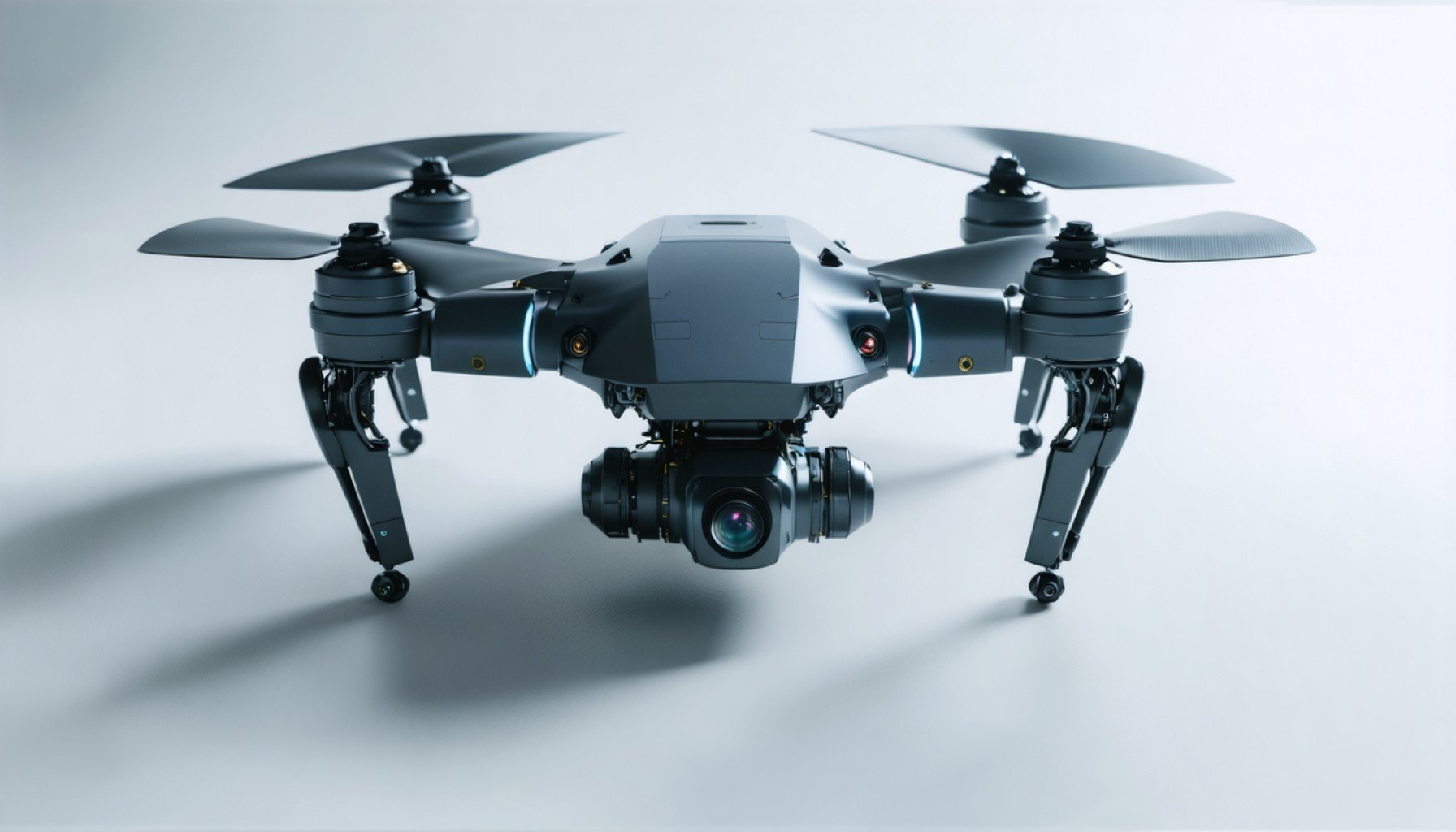Sustainable healthcare | Philips

Jackson Health System (Miami, Florida, US)
Philips conducted a retrospective Life Cycle Assessment of patient monitoring at 3 of Jackson Health System’s hospitals revealing that by switching to the Philips monitoring platform from their previous provider, over a 10-year period, they may be able to reduce carbon emission from patient monitoring by 47%. Data from the LCA assessment indicated that the Philips IntelliVue and EarlyVue monitors can help reduce the health system’s patient monitoring carbon footprint by 508 tons of CO2e across all facets of the lifecycle. Battery and paper savings reduced CO2e by an additional 177.1 tons. This significant reduction also eliminates the need for an estimated 420,000 disposable AA batteries and 6.5 million sheets of paper, which can allow the health system to save $1.2 million over a 10-year device lifetime.
Champalimaud Foundation (Lisbon, Portugal)
In March 2023, Philips and Champalimaud Foundation, a leader in translational biomedical research and clinical care, entered into a strategic partnership aimed at halving the carbon footprint of Champalimaud’s diagnostic and interventional imaging departments by 2028. Potential reductions associated with equipment replacement and usage over the 5-year period were calculated and a replacement plan put into action. Based on a comprehensive LCA, the baseline carbon footprint of the existing imaging equipment was 2,175 tonnes CO2e. The collaboration achieved a 24% reduction in CO2e emissions per exam in the first year, primarily through EcoDesign equipment replacement and incorporating circular practices.
Read the full case study here.
Rennes University Hospital (Rennes, France)
Part of a five-year technology, research, and innovation partnership, this project aimed to decarbonize and reduce the overall environmental impact of Rennes University Hospital’s catheterization laboratory (cath lab), in which a Philips Image Guided Therapy System – Azurion – is used to treat strokes and aneurysms. Conducted in accordance with the latest European Union Product Environmental Footprint guidelines, a LCA of the carbon footprint and other pollutants associated with Azurion and the consumables used during interventional procedures revealed opportunities to reduce the lab’s annual emissions through energy savings, circular upgrades, and refurbishment. The assessment also identified opportunities to reduce the rare metal content of equipment and consumables.
Read the full case study here.
link





